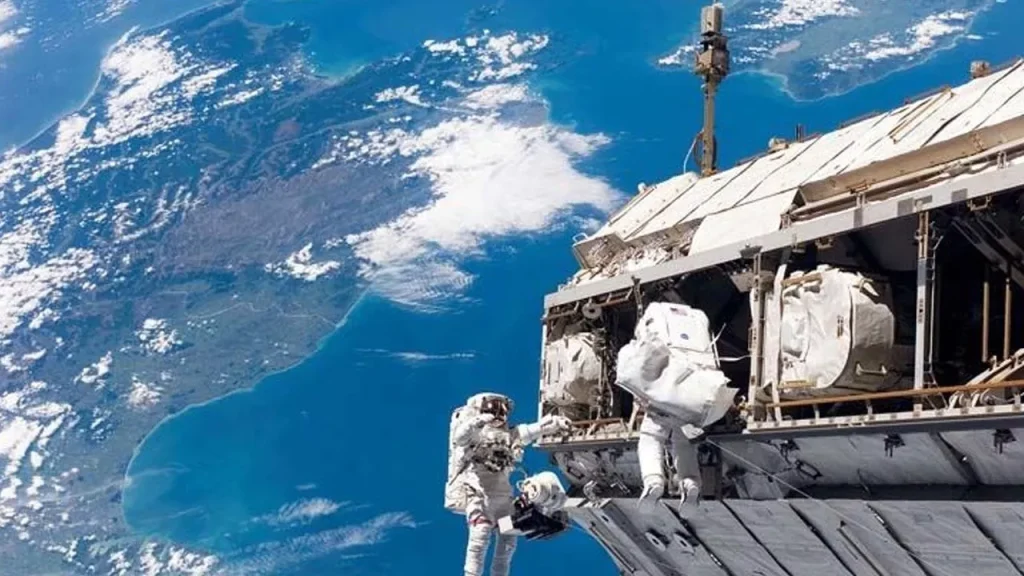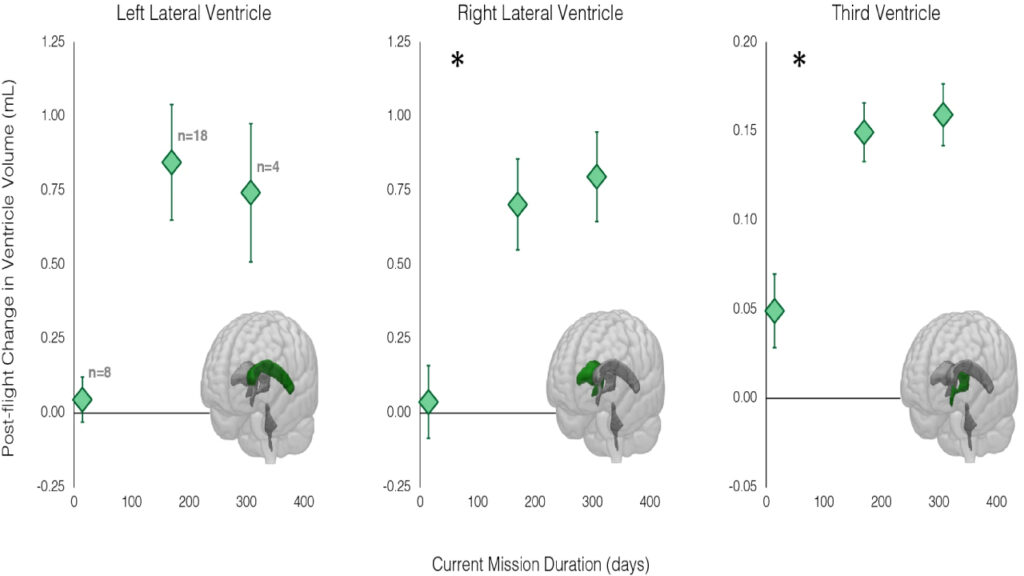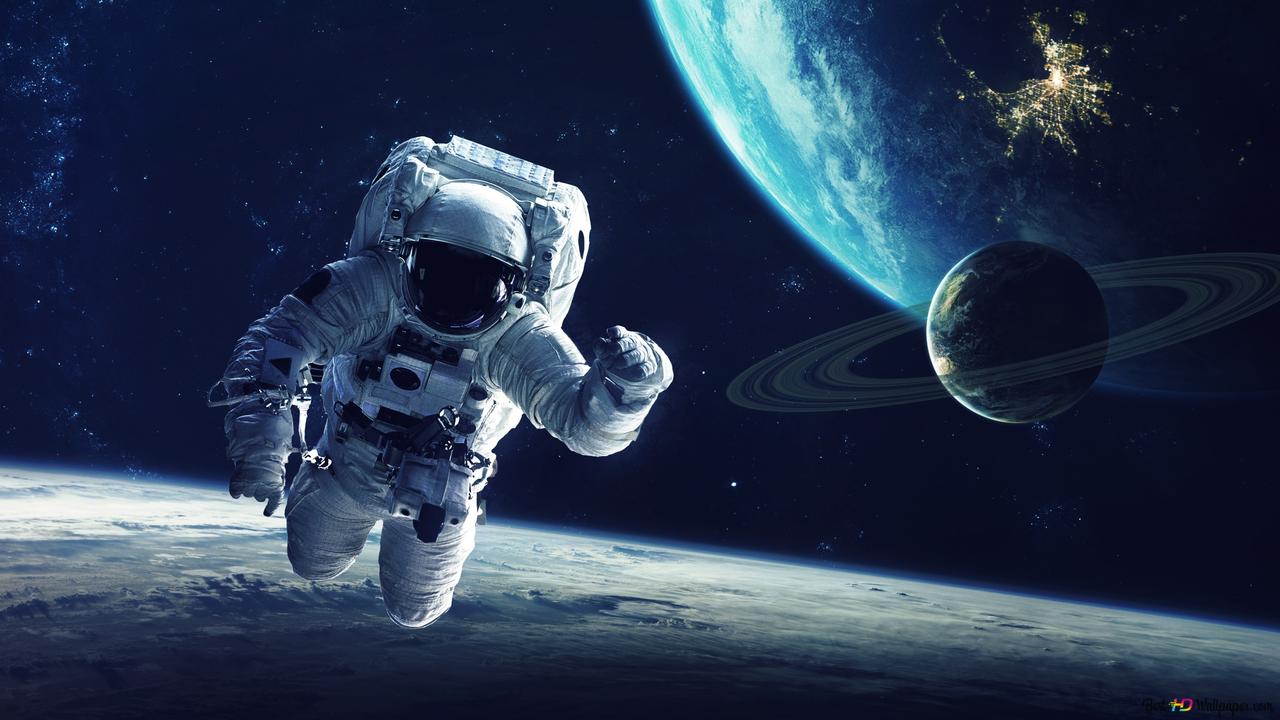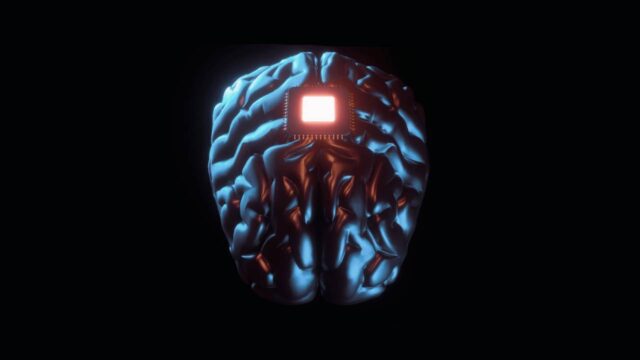Space travel, one of the greatest discoveries in human history, has gained exciting momentum in recent years, with increasing research in this field. A study conducted by the University of Florida sheds light on the effects of space travel on astronauts.
Space travel negatively affects astronauts’ brains
Human space travel, which began with Yuri Gagarin from the Soviet Union in 1961, continues to this day. Since the inception of this thrilling adventure, many questions have been raised about the effects of space travel on astronauts.

Researchers from the University of Florida have published a report showcasing the impact of space travel on astronauts. Throughout their study, they examined brain scans of 30 astronauts before and after space travel.
Of the astronauts, 8 spent two weeks, 18 spent six months, and the remaining 4 spent a year in space. The team of researchers examined the pre- and post-space travel brain scans of these astronauts. It was observed that the ventricles in the brains of individuals who spent at least six months in space had expanded.
Ventricles are fluid-filled spaces in the brain that facilitate protection, nourishment, and waste removal. In microgravity environments, the fluid moves upwards, causing the ventricles to expand. In the presence of gravity, this fluid is evenly distributed throughout the brain.

According to the report, it takes more than three years for the ventricles in the astronauts’ brains to return to their original size, indicating recovery. Researchers claim that the recovery process begins after six months. Based on this information, it can be concluded that the longer one spends in space, the more the ventricles expand accordingly.
With this report, it is evident that short space trips do not have a significant impact on individuals, which is good news for space tourism. What are your thoughts on this matter? Feel free to share your opinions in the Comments section below.














